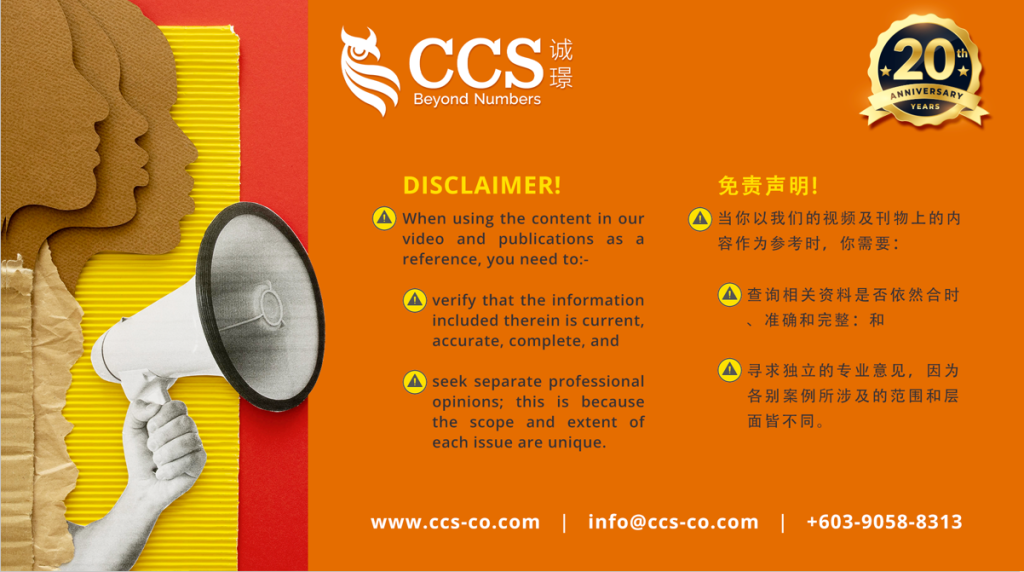In the context of the Malaysian Employment Act, an employment contract is a legally binding agreement between an employer and an employee that outlines the terms and conditions of the employment relationship.
Section 2(a) of the Employment Act 1955 states that “contract of service” means any agreement, whether oral or in writing and whether express or implied, whereby one person agrees to employ another as an employee, and that other agrees to serve his employer as an employee and includes an apprenticeship contract.
In general, this contract can be in writing or verbal. Still, Section 10(1) of the Employment Act 1955 states that “A contract of service for a specified period of time exceeding one month or for the performance of a specified piece of work, where the time reasonably required for the completion of the work exceeds or may exceed one month, shall be in writing.”
Section 10(2) of the Employment Act 1955 also states, “in every written contract of service a clause shall be included setting out the manner in which such contract may be terminated by either party in accordance with this Part.”
An employment contract typically includes the following key elements:
- Job Position and Duties: A clear description of the employee’s job title and responsibilities.
- Working Hours: The normal working hours and days of the week.
- Salary and Benefits: Details about the employee’s compensation, including the basic salary, allowances, and any benefits such as medical coverage, bonuses, or other perks.
- Terms of Employment: The contract should specify whether the employment is permanent, temporary, or for a fixed term.
- Probation Period: The contract should state its duration and terms if there is a probationary period.
- Termination: The conditions under which either party can terminate the employment, notice period, and any severance or termination benefits.
- Leave and Holidays: Information about annual leave, public holidays, and other types of leave, including sick leave and maternity leave.
- Confidentiality and Non-Compete Clauses: Provisions protecting the company’s confidential information and any restrictions on the employee’s activities after leaving the company.
- Disciplinary and Grievance Procedures: Details on how disciplinary matters and grievances will be handled within the organisation.
Employers and employees need to understand and agree to the employment contract terms.
The Employment Act in Malaysia provides certain minimum employment standards and protections for employees, which must be met in any employment contract.
However, employers can provide more favourable terms and conditions in the contract as long as they meet or exceed the statutory requirements.
Both parties should consult with legal experts or labour advisors when drafting or entering into employment contracts to ensure compliance with the Employment Act and to address any specific needs or concerns.

就马来西亚劳工法而言,雇佣合约是雇主与雇员之间具有法律约束力的协议,其中概述了雇佣关系的条款和条件。
《1955 年劳工法令》第 2(a)条规定:“服务合约”(也就是我们所谓的雇佣合约)是指一个人同意雇用另一个人作为雇员,而另一个人同意作为雇员为其雇主服务的任何口头或书面、明示或暗示的协议,包括学徒合同。
一般来说,这种合约可以是书面的,也可以是口头的,但《1955 年劳工法令》第 10(1)条规定:服务期限超过一个月,或为履行特定工作而订立的服务合同,如果合理完成工作所需时间超过一个月或可能超过一个月,必须以书面形式订立。
《1955 年劳工法令》第 10(2) 条还规定,在每份书面雇佣合约中,都应包含一项条款,那就是规定任何一方可根据本部分终止合约的方式。
雇佣合约通常包括以下关键要素:
工作岗位和职责: 明确说明雇员的职称和职责。
工作时间: 每周的正常工作时间和天数。
工资和福利:有关员工报酬的详细信息,包括基本工资、津贴和任何福利,如医疗保险、奖金或其他津贴。
雇佣条款: 合同应明确规定是长期、临时还是固定期限的雇佣。
试用期: 如果有试用期,合同应说明试用期的期限和条件。
终止: 任何一方可以终止雇佣关系的条件、通知期限以及任何离职或解雇福利。
假期和节假日: 有关年假、公共节假日和其他类型假期(包括病假和产假)的信息。
保密和不竞争条款: 有关保护公司机密信息的规定,以及对员工离职后活动的任何限制。
纪律和申诉程序: 详细说明组织内部如何处理纪律问题和申诉。
雇主和雇员需要了解并同意雇佣合约条款。
马来西亚《1955 年劳工法令》规定了某些最低就业标准和对员工的保护,任何雇佣合约都必须符合这些标准。
不过,只要符合或超过法定要求,雇主可以在合约中提供更优惠的条款和条件。
在起草或签订雇佣合同时,双方都应咨询法律专家或劳工顾问,以确保符合《1955 年劳工法令》的规定,并解决任何具体需求或问题。










